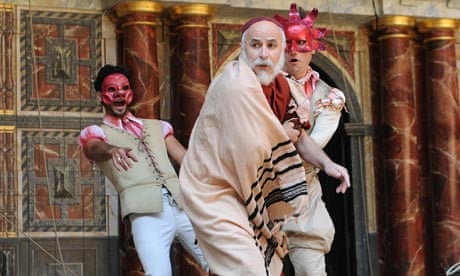
Troilus and Cressida 1968
Royal Shakespeare Company- Some productions deliver the prologue with an imposing, anonymous warrior
The most noteworthy aspect of Troilus and Cressida’s early performance history is that it was barely performed, if at all. Even when introduced in the second edition of the first quarto, the preface vaunts the play as entertainment unsoiled by “the palms of the vulgar”, a production only existing as “a birth of your brain”. From its very inception, the play’s distinction seemed to be its resistance to staging, even its popular obscurity. As though to honor this prefatory omen, the play vanished from the stage afterwards for three hundred years. Between 1609 and 1907, no documented evidence of an English performance survives. So when the neo-Shakespeare upsurge of the 20th century plumbed the Shakespearean canon for material, Shakespeare’s untested Troilus and Cressida appeared, with plenty of directorial ruts and little precedent. The variety of approaches to the prologue alone attests to the uncertain challenge of stage performance without precedent– particularly this dodgy, gritty marvel of tale.
Continue reading →
 Jacob Cohen in Habima’s The Merchant of Venice. Photograph: Tristram Kenton, The Guardian.
Jacob Cohen in Habima’s The Merchant of Venice. Photograph: Tristram Kenton, The Guardian.
